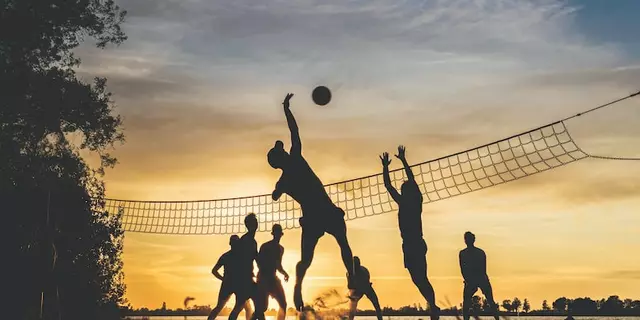Scottish perception – how Scotland’s image shapes stories and sport
When talking about Scottish perception, the way people view Scotland’s culture, history and contemporary life. Also known as Scottish image, it influences everything from news headlines to sports fan attitudes.
One of the biggest drivers of media representation, how TV, print and online outlets portray Scottish life is the mix of headline‑making events and cultural exports. A sudden pop‑culture moment—like Liam Gallagher teasing a 2026 Oasis tour—reminds the world that the UK’s music scene still pumps out global acts, and Scotland often rides that wave as part of the broader British identity. When a massive sinkhole opens in Bangkok, worldwide outlets scramble for eye‑catching visuals; the way they frame the story can subtly reinforce stereotypes about Scottish engineering or, conversely, showcase Scottish engineers helping abroad, tweaking perception in real time. Even quirky records, such as a Connecticut teen amassing thousands of Crocs pairs for foster‑care awareness, get filtered through the lens of “what would a Scot think?”—often highlighting a Scottish love for community charity. These media snippets create a feedback loop: the more diverse the coverage, the richer the public’s mental picture of Scotland becomes.
Sports are another powerful lens. sports culture, the habits, rituals and fan behaviours tied to athletic pursuits in Scotland is tightly woven into national pride. When Los Angeles proves it can be a “big hockey city,” observers instinctively compare the city’s ice‑hockey enthusiasm with Scotland’s own deep‑rooted love for lawn bowls, a sport that keeps the Bonnybridge Bowls Club buzzing every weekend. Similarly, debates over whether rugby or cricket dominates South Africa’s sports conversation echo Scotland’s own tug‑of‑war between rugby’s rugged image and the quieter, strategic allure of bowls. These cross‑sport comparisons shape how outsiders view Scottish athletic identity—either as a hardy, rugby‑first nation or a community‑focused bowls haven. The perception that emerges isn’t static; it shifts as achievements, scandals, or surprise victories ripple through social feeds.
At the heart of all this is national identity, the collective sense of who Scots are and what they stand for. It’s a mosaic built from historical tales, modern media, and everyday conversations about everything from the length of an NFL season to the logistics of Kansas City’s borders. When someone asks, “Is Los Angeles a hockey city?” they’re really testing how flexible we are in accepting new definitions of what a sport‑driven community looks like—much like asking whether a Scottish town can host a world‑record Crocs collection. These questions force us to re‑examine stereotypes and broaden the narrative about Scotland’s place in the global mix. Below you’ll find a curated set of stories that illustrate how Scottish perception twists and turns across music, news events, quirky records, and sport debates, giving you a front‑row seat to the ever‑evolving image of Scotland.



